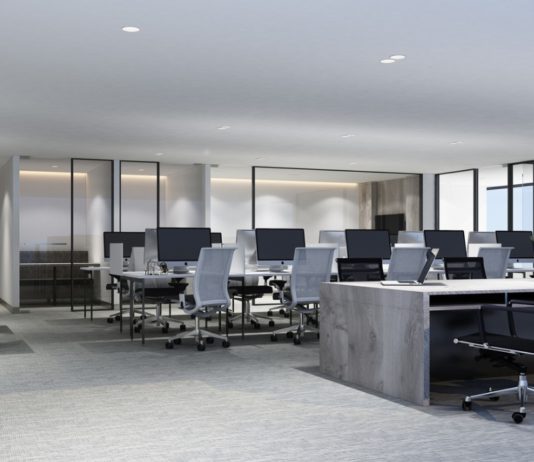Finally, there’s light at the end of the tunnel that was 2020. But before we get too excited, let’s remember that New Year’s is just a day on the calendar, and no one’s going to flip a switch to change the dynamics that have bubbled up along with the...
Covid-19’s impact on the workplace is sure to be broad and deep as both employers and workers develop new attitudes toward safety. Organizations, HR departments and HR technology vendors spent much of 2020 pivoting to confront the pandemic and social unrest. ADP, which tracks a wide range of data...
Employers continue to worry about whether their workers will master the skills necessary to help their businesses succeed. In fact, more than two-thirds of HR leaders, 68%, told Gartner that building critical skills and competencies is their top priority for 2021.
That aligns with their business-level priorities, which include improving...
New Year’s is just seven weeks away, but already HR technology analysts, essayists and pundits are making predictions for 2021. Forecasting may be a particularly dicey proposition this year, given the uncertainty hovering over most every aspect of life, from public health to politics, the job market to the...
Candidates are asking more questions about mental-health benefits, accommodations for working parents and Covid-19 safety protocols, recruiters say. In addition, a third of recruiters report they’re receiving more questions about diversity and inclusion initiatives than they did last year.
According to Jobvite’s 2020 Recruiter Nation Survey, 71% of recruiters said...
Covid-19’s disruption of business operations has also spurred innovation throughout the HR technology industry as vendors revised roadmaps to help employers cope with fundamental changes to how and where work gets done.
At the root of the change was employers’ growing belief that HR can’t operate at peak efficiency or...
Listen to a podcast of this episode.
Global HR leaders expect managing the newly dispersed workforce will make it challenging to balance employee needs, the organization’s goals, policies and culture. And as they labor to develop strategies, many employers are prioritizing their need to support collaboration and remote work in...
Surveys by benefits providers have uncovered much nervousness about financial health on the part of employees, as well as a notable focus on making educating decisions about the options they select during this year’s open enrollment.
Not surprisingly, the reason for all this is Covid-19. With some 6.9 million cases...
Six months into the pandemic, prognostication about the future of work has taken on an entirely new focus. Last year, the themes were employee experience, AI, culture and employer brand. Nowadays, it’s all about remote work, workplace safety and diversity. Or, at least, those are the lenses through which...
Most Americans believe the quality of their work has improved since the Covid-19 pandemic began, and more than two-thirds say their work-life balance is in a better place than it was before.
Specifically, 79% of employees say their quality of work is better than it was four months ago,...






















